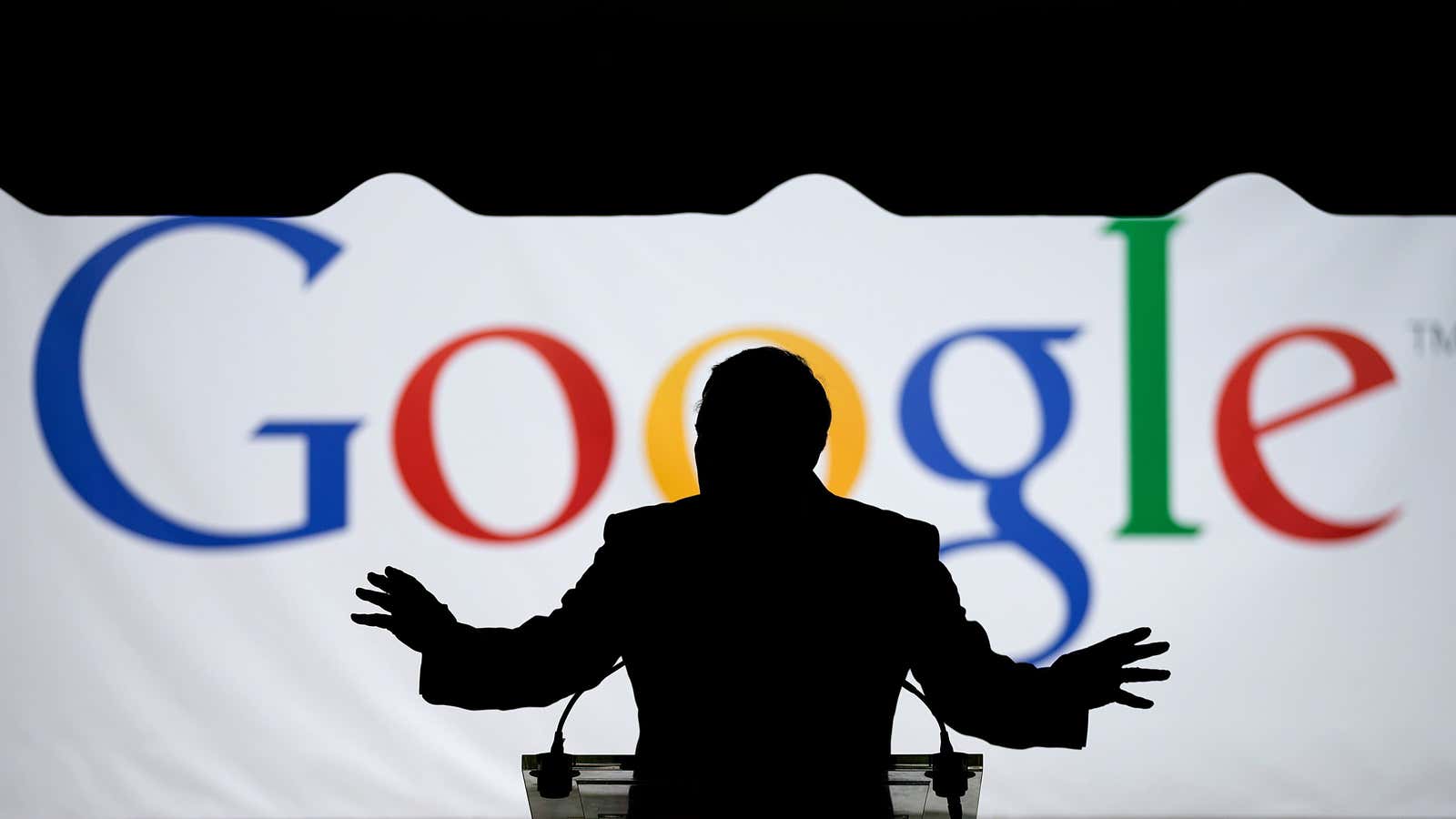A few weeks ago, Italy fined Apple and Samsung €15 million for the “planned obsolescence” of their smartphones. The antitrust regulators allege that both companies pushed users to download software that slowed phone performance, forcing customers to buy replacement phones sooner.
The fines were another blow to big tech companies as the groundswell of skepticism against them rises. These companies have amassed so much power that even Apple CEO Tim Cook has called for stricter regulations to be placed on them. Google owns 92% market share of internet searches, Facebook an almost 70% share of social networks. Both have a duopoly in advertising with no credible competition or regulation. Amazon, meanwhile, is crushing retailers and faces conflicts of interest as both the dominant e-commerce seller and the leading online platform for third-party sellers. Apple’s iPhone and Google’s Android completely control the mobile app market, and they determine whether businesses can reach their customers and on what terms.
So why hasn’t the Federal Trade Commission (FTC) taken action to break up these companies?
I believe that an outdated interpretation of antitrust law is partly to blame. For decades the standard for evaluating whether to break up monopolies, or block the mergers that create them, has been “consumer welfare.” And this consumer welfare standard has predominantly been interpreted as low prices. If companies can show that a merger or acquisition would not impact prices, for the most part, they win approval.
But in the context of technology companies—which often offer “free” platforms and instead sell user attention as their product—this low-prices-focused paradigm makes no sense.
How “consumer welfare” came to be synonymous with “low prices”
In 1912, Theodore Roosevelt and Woodrow Wilson both ran for president on monopoly-busting platforms. After Wilson won, Congress passed two major antitrust laws. The first was the Clayton Antitrust Act, which sought to further reign in anticompetitive behavior by building on the legal precedent of the Sherman Act of 1890. The second was the creation of the FTC, an agency that was given the power to investigate violations of antitrust law and to issue orders forbidding unfair competition practices.
A period of strict antitrust enforcement followed—as did the largest expansion of the US middle class in history–between 1940 and 1980.
But in the 1980s, the interpretation of foundational antitrust laws began to change.
The Chicago School, a group of economists led by Milton Freidman, advocated against state regulation of commerce under almost any circumstances. They argued that the one and only thing that should matter in antitrust cases is “consumer welfare,” and that the welfare of the consumer is only measured by low prices.
For decades lawmakers had protected Americans as businessmen, entrepreneurs, and workers, but this new philosophy reduced people to mere consumers. The number of antitrust cases began to drop.
Today, more than 90% of mergers close. This year set a new record for the value of global merger and acquisition activity—$3.3 trillion at the end of September. Both globally and in the US, this is greater than at any other time in history.
How tech titans benefit from monopoly
Google, Facebook, and Amazon have great technology, but much of their current status and financial success comes from what I believe are regulatory and antitrust mistakes. Amazon was allowed to buy dozens of ecommerce rivals and online booksellers to give it a monopsony position in the book industry. Google was able to buy its main competitor, DoubleClick, and vertically integrate online ad markets by buying advertising exchanges. Facebook was able to buy Instagram and WhatsApp with no regulatory challenges.
Google, Amazon, Apple, Facebook, and Microsoft have together acquired more than 500 companies in the past decade. Many new tech startups never get the chance to compete with the established companies, because as soon as they prove their technologies, they are acquired.
But startups aren’t the only ones suffering. A growing mountain of evidence is showing that increasing industrial concentration via all the merger activity is leading to lower productivity, lower wages, and destroyed economic dynamism. And despite the fetish for lower prices, highly concentrated industries have been raising prices on their consumers. This is why you keep paying more for worse service on airlines, as an example.
The way forward
To put it in tech terms: Our antitrust laws are like good hardware that is malfunctioning. The merger guidelines and case law—influenced by the Chicago School and predicated on consumer welfare—has become like failing “software.”
Our antitrust hardware and software are both in great need of updating to deal with the incredible amassed power of today’s tech firms. The consumer welfare standard that has been adopted for antitrust enforcement is completely ineffectual in dealing with our current realities.
It’s time to move our consumer welfare standard to the trash and reboot.
Denise Hearn is co-author of The Myth of Capitalism: Monopolies and the Death of Competition.
